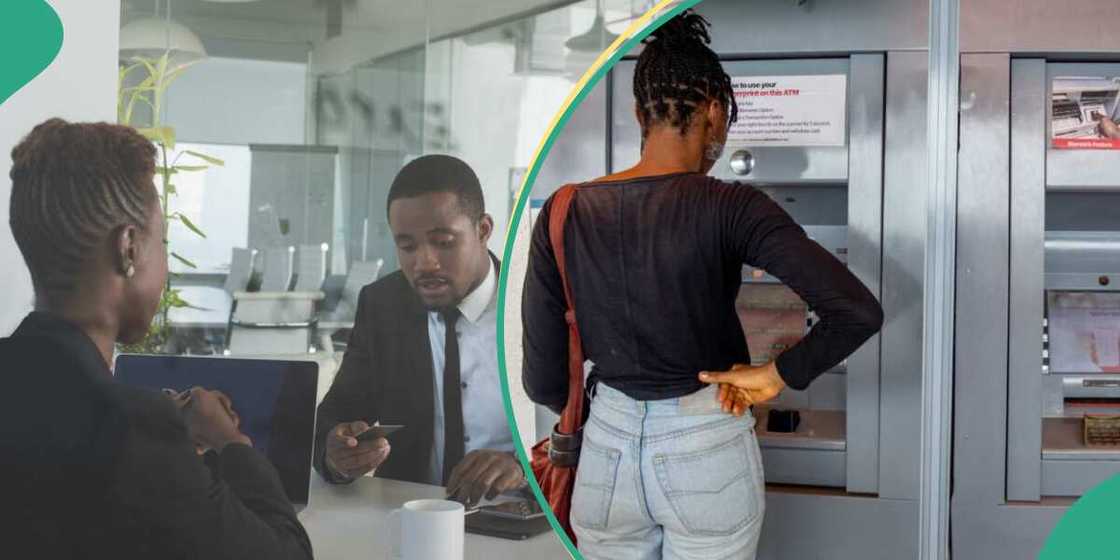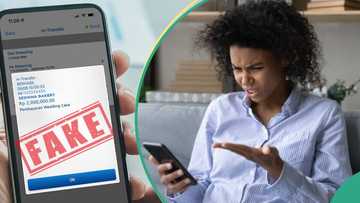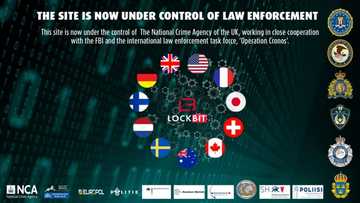"My Life Savings Gone, All I Did Was Answer a Phone Call, How Do I Get My Money Back?” Expert Speaks
- A Nigerian woman said she lost over N400,000 of her life savings after falling victim to a fraudster
- She said it happened after answering a call which she thought was from her bank regarding issues with her account
- Victoria Adebisi, a senior bank customer representative, has detailed how Nigerians can detect fraud and the steps to take after falling victim
PAY ATTENTION: The 2024 Business Leaders Awards Present Entrepreneurs that Change Nigeria for the Better. Check out their Stories!
Legit.ng journalist Dave Ibemere has over a decade of experience covering Tech, Energy, Stocks, Investments, and the Economy.
An anonymous asked:
"I cant believe this happened to me. I got a call supposedly from my bank saying that there is an issue with my account and they're trying to block fraudulent debits. The person on the call then asked me for my card details, and my pin. I stupidly gave all of this even though I was suspicious. In a flash my savings was gone and I don't know how to recover my money back?

Read also
Binance issues warning to Nigerian users after FG threatened to block platform over Forex manipulations

Source: Facebook
The growth of electronic payments has provided more opportunities for the ongoing prevalence of online fraud involving banks.
PAY ATTENTION: Share your outstanding story with our editors! Please reach us through info@corp.legit.ng!
Daily, many Nigerians continue to fall victim to the various methods adopted by fraud actors, either through computers/web, mobile, or point of sale.
A recent Financial Institutions Training Centre (FITC) report showed that over N9 billion was lost to banking fraud within the first six months of 2023.
What to do after falling victim
Victoria Adebisi boasts over six years of experience as a customer representative in the banking sector, coupled with valuable insights gained from working across various departments.
Don't give out your details
My first piece of advice is not to give out your personal banking details, such as PINs, passwords, and OTPs, to anyone over the phone, no matter how severe the case presented may seem.
Another sign that someone is trying to defraud you is an SMS or email requesting your card details, mobile/internet banking login details, or other account information.
Nigerians should also avoid clicking links or opening or downloading attachments or software from unknown sources on their electronic devices, such as mobile phones or laptops.
No genuine customer representative will ever demand that a customer send personal banking details for verification or any other purpose.
Next action after falling victim to fraud
After falling victim to a banking scam or experiencing unauthorized transactions, the immediate step for a bank customer should be to use the shortcodes provided by the bank to block the ATM card or contact customer service.
This action helps prevent any further unauthorised transactions. Additionally, customers should monitor their accounts closely for any suspicious activity and report it to their bank immediately.
If you believe your online banking password is compromised, immediately change it to prevent further unauthorised access.
When submitting a complaint, the customer must provide full details of the transactions to the customer representative, the nature of the scam or unauthorised transactions, the date and time they occurred, and any other relevant information.
It is important to file a police report. Although the chances of recovering the funds won't be easy, it is possible.
Banks can't initiate a refund unless there is a court order and a police report.
Disclaimer: Advice given in this article is general in nature and is not intended to influence readers' decisions about solving issues of threats. Readers should always seek their own professional advice that takes into account their own personal circumstances before making any decision.
Do you have a story to tell? Want an expert's advice? Please email us at ask.an.expert@corp.legit.ng with 'Ask an expert' in the subject line.
Expert details how to register business name
Legit.ng reported that a reader, simply identified as Folarin, has asked for advice on how to go about registering his business name in Nigeria.
Firstly, you need to understand that in Nigeria, the Corporate Affairs Commission (CAC) is the official agency with the authority to register businesses legally.
Registering your business name is crucial, particularly if your enterprise is poised for expansion. Doing so safeguards against legal repercussions and potential litigation down the line.
PAY ATTENTION: Unlock the best of Legit.ng on Pinterest! Subscribe now and get your daily inspiration!
Source: Legit.ng





